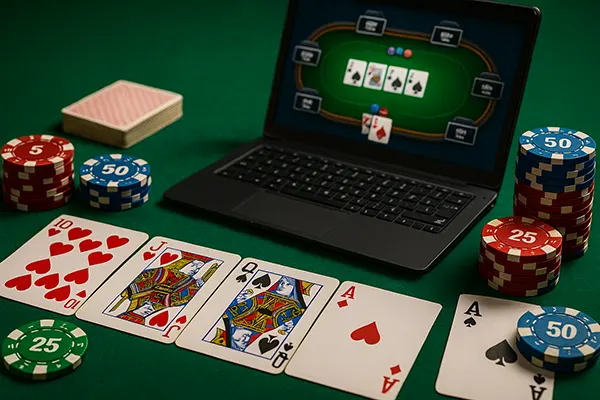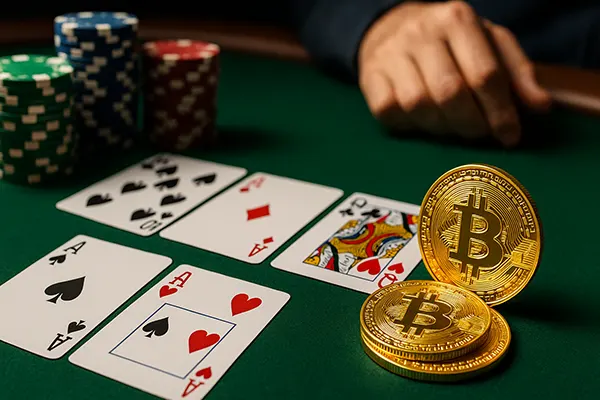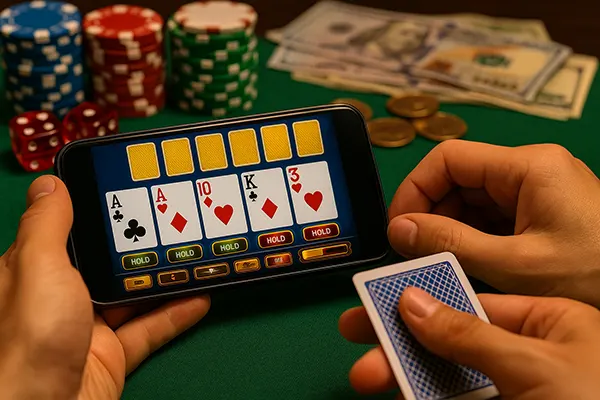Psychology of Poker: Mastering the Mental Game
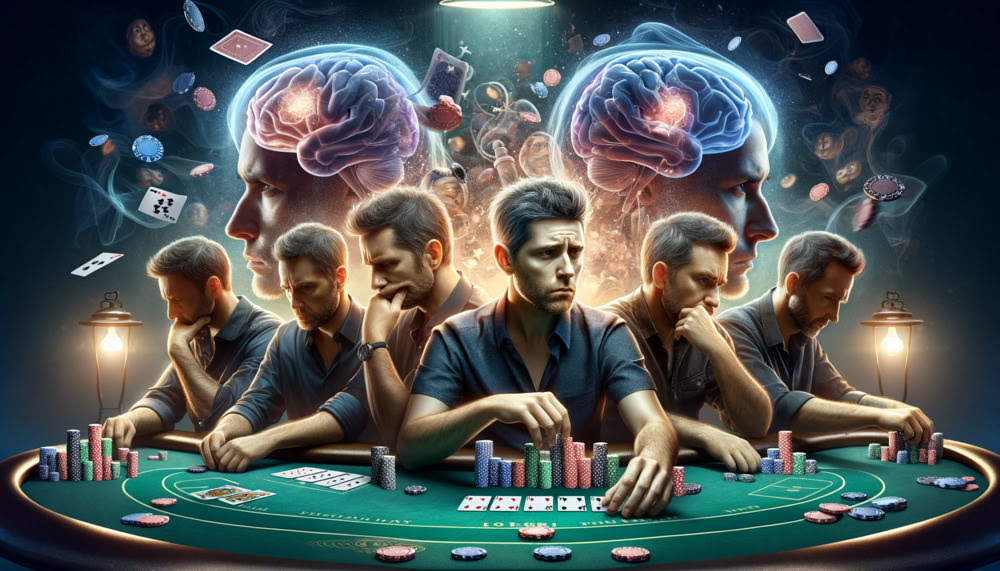
Poker, often viewed through the lens of chance and gambling, is as much a mental game as it is a game of cards. The psychology of poker encompasses an understanding of one’s own mindset and that of opponents. This article delves into the cognitive aspects that separate amateurs from pros, emphasizing knowledge, skill, and emotional control.
Knowledge and Acceptance of the Realities of Poker
The first step in mastering poker psychology is acknowledging the game’s inherent realities. Unlike games purely based on chance, poker requires a blend of skill, strategy, and yes, luck. Recognizing this mix is crucial. Players must understand that while chance plays a role, long-term success hinges on skills like decision-making, patience, and strategic thinking.
Luck in Poker is a Short-Term Factor
Luck is an undeniable short-term factor in poker. The unpredictability of the draw can lead to anyone winning a hand, regardless of skill level. However, luck is a double-edged sword; it can both giveth and taketh away. Over the short term, it can create illusions of superiority or inferiority. Experienced players understand this and focus on long-term strategy rather than short-term outcomes.
Poker Skills Matter in the Long Run
In the long run, luck evens out, and skill takes the forefront. The ability to read opponents, calculate odds, manage bankrolls, and make strategic bets distinguishes long-term winners from losers. A skilled player will consistently make decisions that maximize their chances of winning, regardless of the immediate outcome of any given hand.
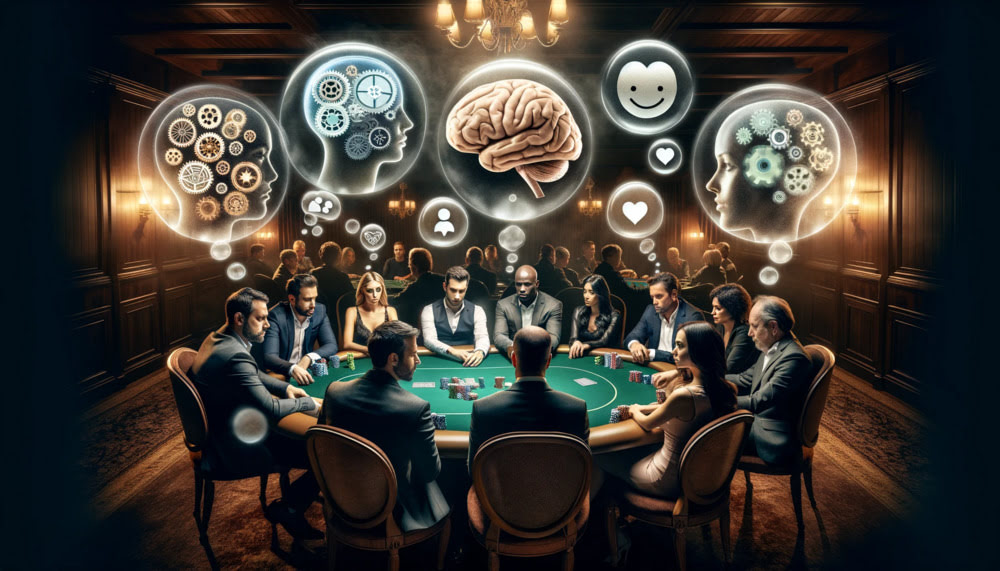
Poker Advantage is Small
It’s important to note that the edge in poker is often minuscule. Even the best players don’t dominate every game; they simply win more often than they lose over time. This small advantage requires players to be consistently patient, disciplined, and focused, capitalizing on every edge they can.
Dealing with Emotions in Poker
Emotional control is paramount in poker. The game is rife with highs and lows, and how a player responds emotionally can significantly impact their performance. Successful players maintain a level head, avoiding the emotional swings that can lead to rash decisions. This emotional stability helps in making logical decisions and sticking to a well-thought-out strategy.
Tilt and Its Variations in Poker
‘Tilt’ – a term for emotional frustration influencing play – is a poker player’s nemesis. It can manifest in various forms, from subtle changes in strategy to complete breakdowns in discipline. Players may chase losses, play too many hands, or bet recklessly. Recognizing the onset of tilt and developing strategies to combat it, like taking a break or reducing stakes, is essential for maintaining a healthy mental state in the game.
In conclusion, understanding and mastering the psychology of poker is as vital as knowing the rules of the game. It’s a complex interplay of skill, emotional control, and acceptance of poker’s realities. Players who invest in this aspect of the game often find themselves not just better at poker, but equipped with skills beneficial in other areas of life as well.

